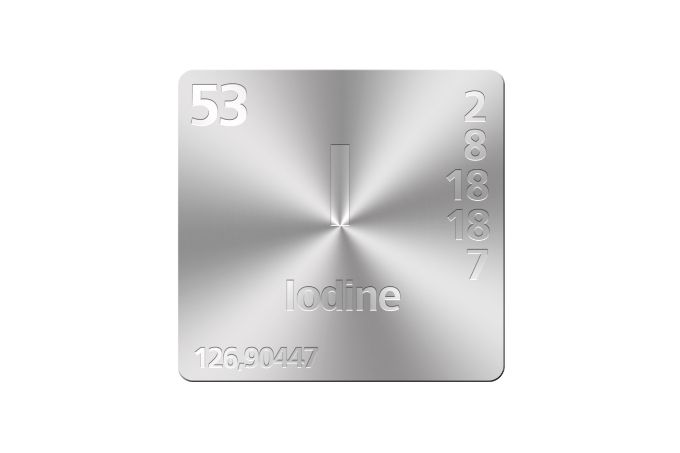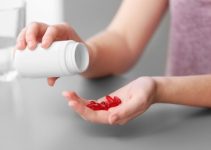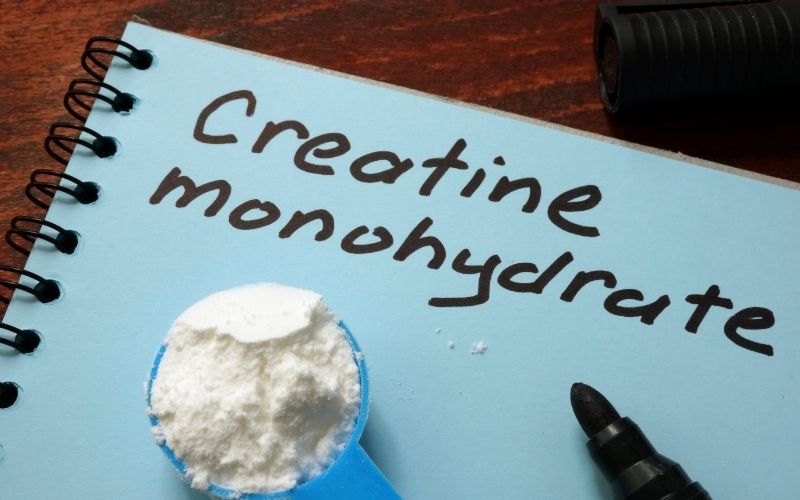
Gout is usually characterized by a very painful and inflamed joint which can turn red and feel hot. It results from the precipitation of urate crystals in the affected joint. This precipitation occurs when the level of uric acid in the blood stream is too high and cannot be broken down for elimination.
Uric acid is a by-product of purine breakdown. Purines are chemical compounds that exist within the body and which are also present in certain foods. Most people wonder if iodine intake has any relation with gout and we are here to help. In this article, we analyze the relationship between iodine and gout.
Does iodine affect gout?
Iodine is an essential trace mineral that is required by the body for normal cell metabolism. Iodine may or may not trigger gout, based on its deficiency or overabundance. For anyone who suffers from an iodine deficiency, the thyroid gland may be affected. Problems of the thyroid gland have been linked as risk factors for gout development.
Iodine works to help support the ultimate health of the thyroid gland. The mineral helps the thyroid to produce the hormones responsible for food metabolism and conversion into energy. An iodine deficiency may not directly bring about gout, but it can increase the risk of thyroid disorders- goiter and hypothyroidism.
Iodine deficiency can be linked to health complications such as an enlarged heart or heart failure. Those with such conditions are more prone to developing gout. This is because, with a heart condition, blood is not efficiently pumped throughout the body for the eventual excretion of excessive uric acid.
Too much iodine in the body leads to a condition known as iodine-induced hyperthyroidism. Hyperthyroidism can be particularly dangerous for those that suffer from an underlying heart condition. It affects the heart rate.
Insufficient intakes of iodine can lead to an insufficient production of thyroid hormones. This may adversely affect the heart and kidney(s). The heart is essential for pumping blood rich in oxygen throughout the body, the kidneys included. The kidneys are vital for cleaning the blood and getting rid of any wastes and excessive water. They help eliminate excess uric acid through the urine.
Where to obtain iodine and its administration
You mainly get iodine through your diet. The most commonly known source of iodine is iodized salt. Seafood is also naturally rich in iodine, but some varieties can also increase the risk of gout.
Suggested articles:
– Salt And Gout – Can Too Much Salt Cause Gout?
– Seafood And Gout – Is Eating Seafood Bad For Gout?
Seafood is rich in purines. Iodine supplements that contain potassium iodide or potassium iodate can also be administered as a source of iodine.
The recommended dosage for adults is 50 mcg per day. However, pregnant and lactating women may need slightly higher amounts.
Final Thoughts
The relationship between iodine and gout is linked to the amount of the mineral’s levels in the body. Iodine is mainly obtained through food intake or supplementation. Deficiency or overabundance of iodine in the body may lead to health conditions that can be risk factors for gout. Due to this, iodine intake must be moderated.
Suggested articles:
– 9 Best Supplements for Gout – All You Need to Know
– Epsom Salt And Gout: How Epsom Salt Affects Gout?
– Folic Acid For Gout – Does Folic Acid Lower Uric Acid?
– Bromelain And Gout – Taking Bromelain For Treating Gout
– Magnesium And Gout – Will Magnesium Help With Gout?
– Potassium And Gout – Does Potassium Help With Gout?
The Gout Eraser™: The all-natural guide for permanent gout removal
The Gout Eraser™ is a short, to the point guide on how to reverse gout symptoms without ever leaving your home. The guide goes into extensive detail on exactly what you need to do to safely, effectively and permanently get rid of gout, and you are GUARANTEED to see dramatic improvements in days if not hours.
To learn more about The Gout Eraser™ system, check out the following free video presentation: The Gout Eraser™





